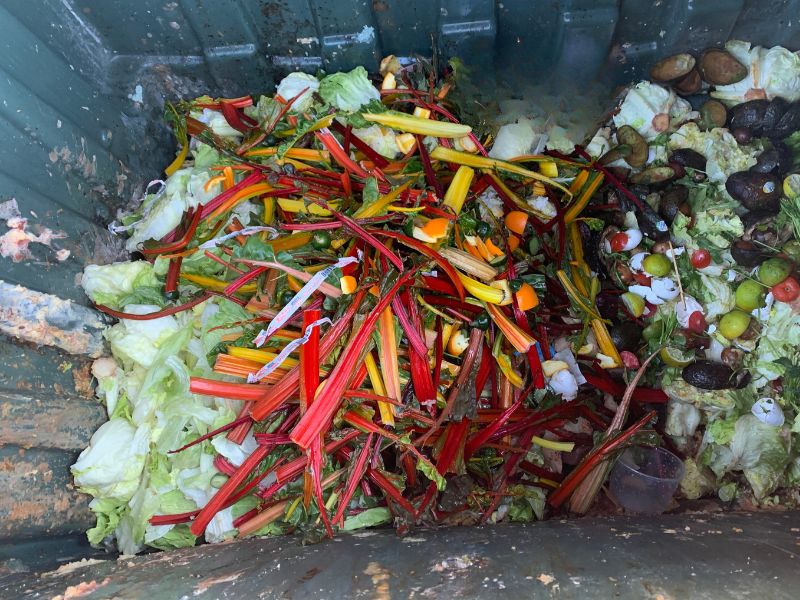SB 1383 Update: Organics Recycling Compliance Enforcement Changes in 2024

Senate Bill 1383, or the Short-Lived Climate Pollutant Reduction law, requires that businesses implement programs to ensure organic materials are no longer put in the trash, with edible food being donated and the rest sorted for organic waste recycling.
Before the start of 2024, jurisdictions were required to visit Tier One and Tier Two (see below) commercial edible food generators to assess them for SB 1383 compliance requirements and to provide education and support, but there were no penalties for violations.
For violations occurring after January 1, 2024, the jurisdiction shall issue a Notice of Violation requiring compliance within 60 days. If after 60 days, the entity is still not in compliance, the jurisdiction shall impose penalties.
Tier One commercial edible food generators include:
- Wholesale food vendors
- Food distributors
- Grocery stores ≥ 10,000 sq. ft. and supermarkets
- Food service providers
Tier Two commercial edible food generators include:
- Restaurants with 250 or more seats or a total facility size equal to or greater than 5,000 square feet
- Hotels with an on-site food facility and 200 or more rooms
- Health facilities with an on-site food facility and 100 or more beds
- Large venues and events (over 2,000 visitors per day of operation; to be considered a Tier Two generator, they must either charge admission or be run by an agency)
- State agencies with a cafeteria with 250 or more seats or a total cafeteria facility size equal to or greater than 5,000 square feet
- Local education agencies with an on-site food facility
Need help with SB 1383 inspections or getting your business up to compliance? Please contact our Environmental Solutions team at zero.waste@solanacenter.org to schedule a consultation.
